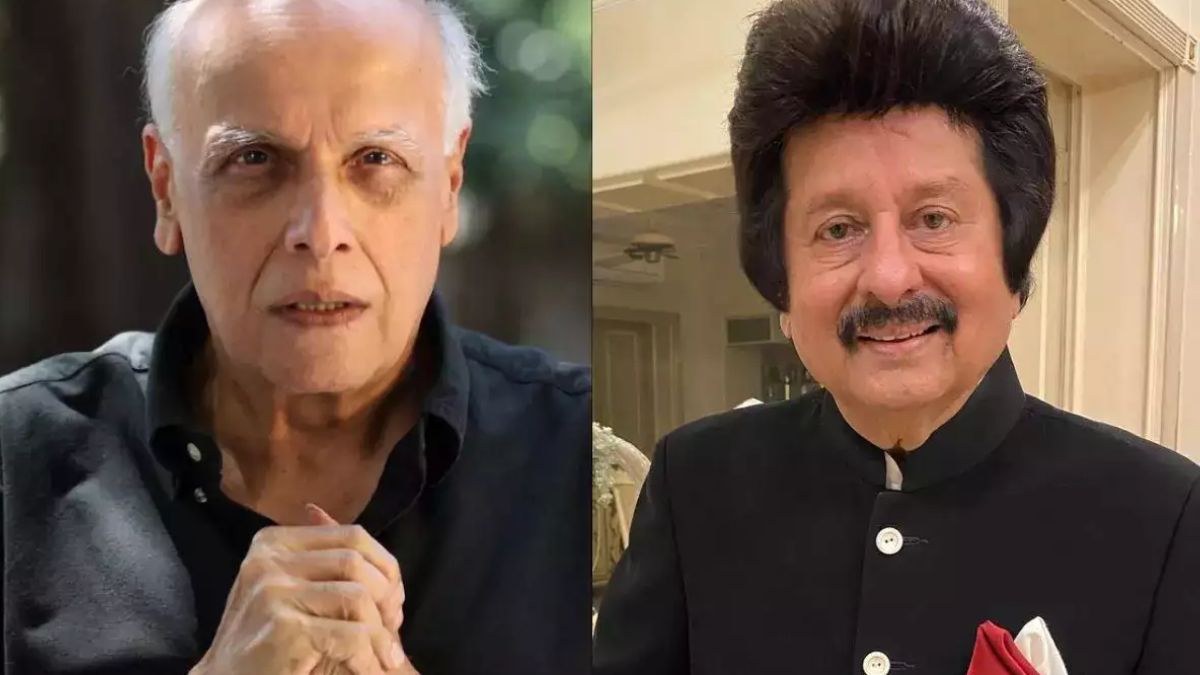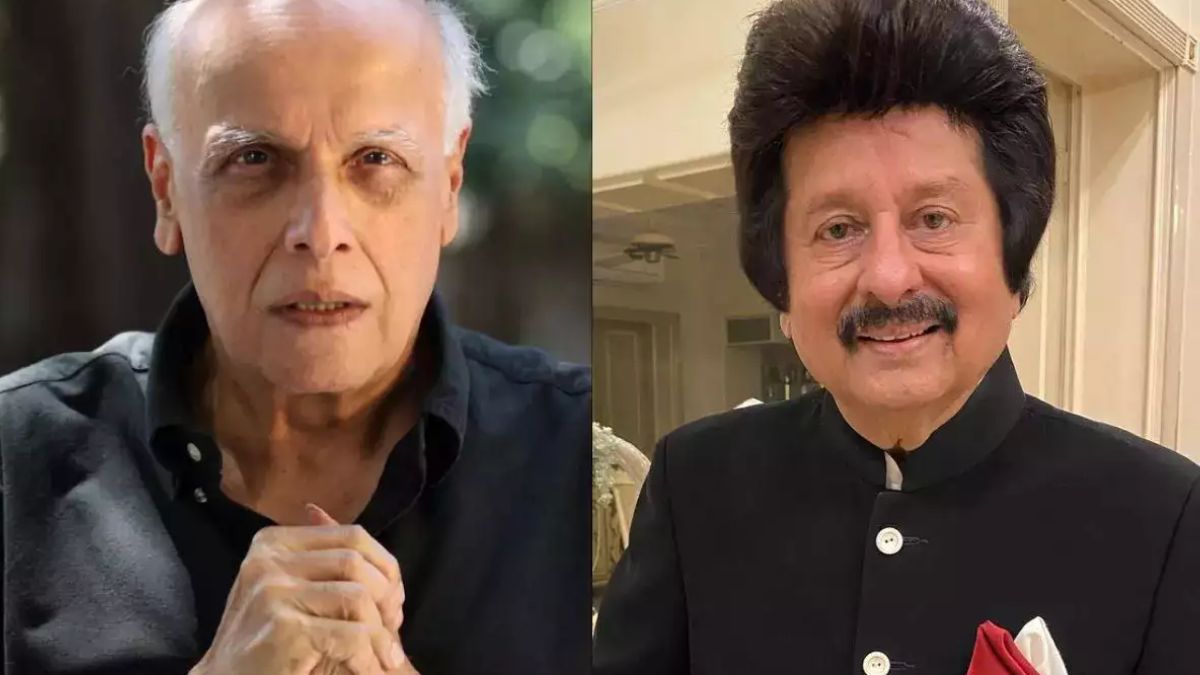A sensitive listener could discern the richness of different textures of sounds at Jodhpur RIFF. As the day progressed, one realised, the selected venues also complement the moving patterns of the day, its ever changing textures and the music being played. Not by overt decoration, but by an organic synthesis of the elements.
The evening concert by the living legends at Dhana Bhiyan Chhatri allows the setting Sun to creep into the venue, quietly. No other noise but the magical strains of sarangi, shankh, tambura and kamachya on the rhythmic cycles of bhapang, dholak and khartal, are welcome here.
On Saturday evening, the audience was introduced to the impossible scale of possibilities human vocal cords can produce. Nihal Khan, a vocalist from Manganiyar community, sang songs of travel, joys and separation. He portrayed the eternal human emotions with apt voice inflections. Babunath Jogi bewitched the audience with a dazzling display of alliterations and cyclical use of refrains.
The audiences fed on the monotony of pop and Bollywood music, were surprised at this discovery - a lyrical narrative art that uses no other prop but the imaginative use of words and sounds to keep the audience glued through night-long narratives, not letting them fall prey to sleep. Each word sung , infused with intense emotion, creates a vivid picture in the mind — by the sheer magic of their music.
Jogis, like Manganiyars and Langas, are professional musicians. Babunath Jogi likes to be known as a ramta jogi, with no strings attached to the world. His sole religion — music. The narratives he sings carry deep philosophical undertones in their seemingly simple tales, based on the epic lives of Shiva, Krishna, Raja Bharthari and the lives of other folk heroes.
The night before, music lovers gathered, under the full moon when it reached its zenith past midnight at the Rao Jodha Desrt and Rock Park, to experience music just as their forefathers used to before the advent of microphones. Musicians acquired a magical halo under the moon in the absence of the glaring halogen lights. Music was subtler and the ears could discern each strain in the silence of the desert. Manganiyars of Barmer sang traditional numbers and qawwali party of Jodhpur gave a new meaning to qawwali. In the absence of microphones, the spiritual flavour of qawwalis, that is often subdued under the high- decibel microphone sounds, was highlighted.
Virtuoso guitarist Paco Renteria could not come to the RIFF due to the massive earthquake in Mexico that affected millions of people. Music lovers were deprived of the much-awaited sensual Spanish guitar. They were compensated by the presence of Ram Sampat, music producer and composer who conducted a brilliant percussion jugalbandi between the traditional percussionists of Rajasthan and the modern drum players from Mumbai. The jig had moments of brilliance that one expects in a music festival of the international repute. The audience was ecstatic.
Sampat also introduced yet one more talented singer from the folk tradition of Rajasthan, Sumitra Devi, who conducts her orchestra like a seasoned music conductor and also happens to be a vocalist of great repute. She rendered rare and popular songs of Rajasthan to perfection but her last rendering ‘M_haro Halo Sunoji’_ sent the audience into a frenzy.
The stage was occupied by the young exponents of the traditional folk music and their masters, respecting the tradition. The musical space was explored by the seniors first, followed by the artistes of the younger generation, who were more than promising in their renderings. A few names that would be stamped in memory are Shakir Khan, Zakir Khan, Kader Khan et al.
Putting folk traditions of music on one stage separated by continents and oceans has been the special feature of Jodhpur RIFF. And more often than not, they find their melodic meeting points. Two minority languages of the world, Marwari from India and Gaelic from Scotland, have their songs and musical instruments dating back centuries.
Shooglenifty Band worked with Dhun Dhora, featuring dhol drummers of Rajasthan, and came up with a magnificent blend of songs and music. Both bands had lost a member each to untimely death last year. Their musical tribute to lives well lived were evocative and moving. The vocalists Kaela Rowen in Gaelic and Dayam Khan Mangniyar in Marwari presented a fine specimen of musical collaboration so did the percussionists, rising above boundaries of geographical and linguistic limitations.
High on music, the audience wanted yet another venue to dance through the night. Club Mehran offered just that with Victor Kiswell and Logeshen Moorgan, making them dance to their tunes.


)




)
)
)
)
)
)
)
)